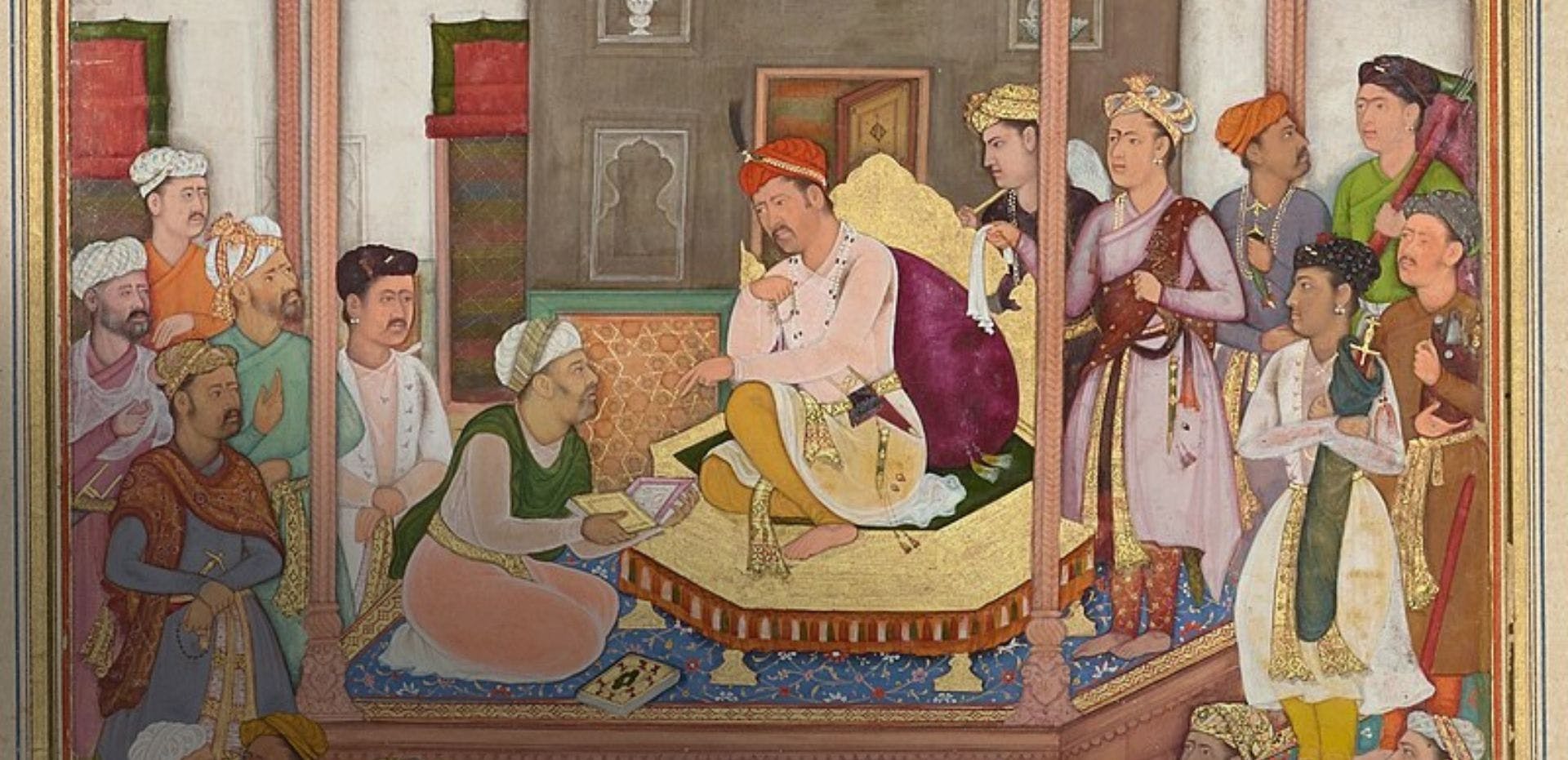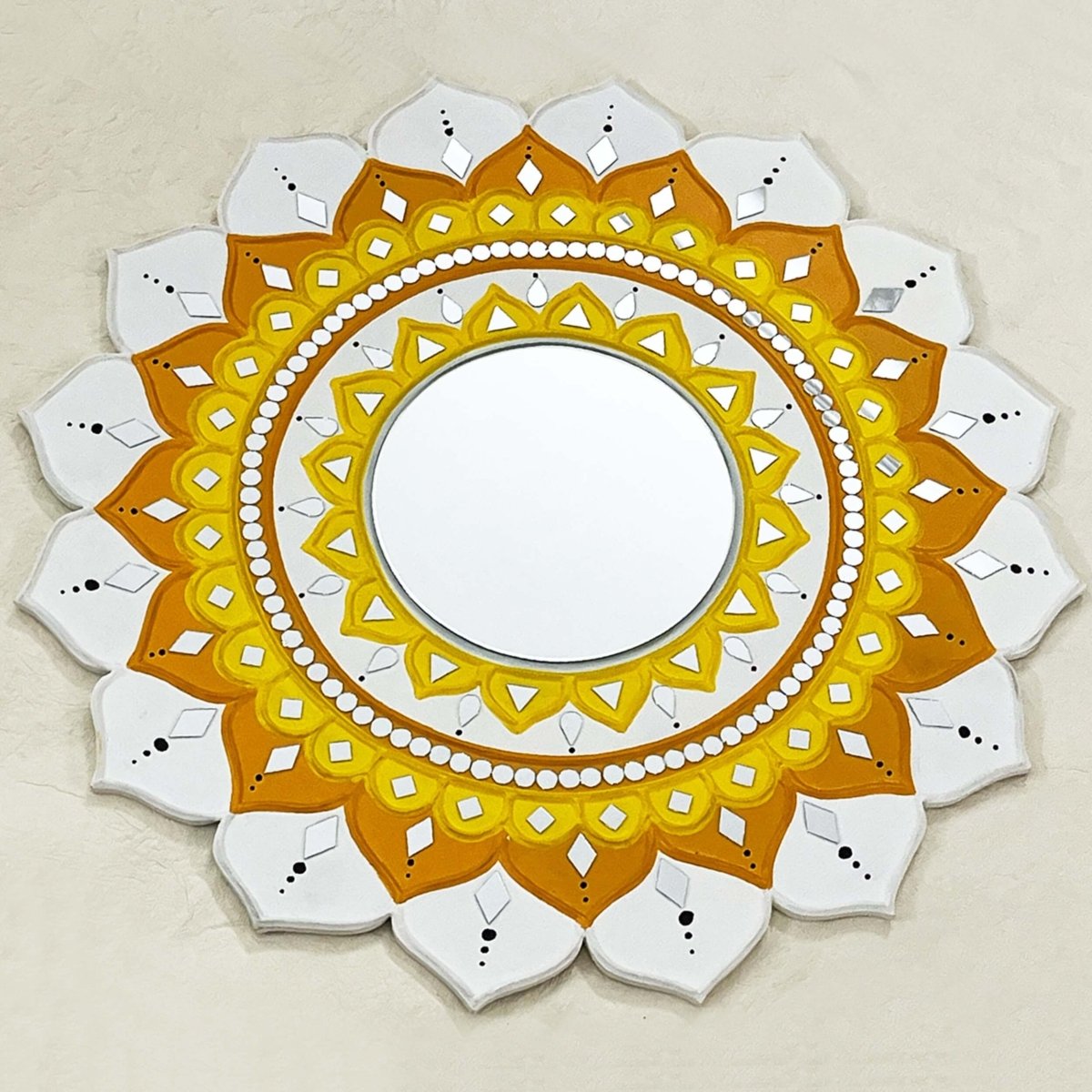Orchha & the Murder of Abul Fazl
BOOKMARK
It was a setback that Akbar never quite recovered from.
On 12th August 1602 CE, Abul Fazl, the author of Akbarnama the chronicler of Akbar’s reign and one of his dear friends was murdered on the orders of Akbar’s son Prince Salim, the future Emperor Jehangir. Caught in the battle for power between Akbar and Jahangir, Fazl was a victim of blind ambition. To get a slice of this story and the impact it had, you have to head to Orchha around 123 kms from Gwalior into the heart of India.
Ruled by the Bundela from 1501 CE, Orchha came into prominence during Jahangir’s infamous rebellion. Vir Singh Deo Bundela, was a close friend of Jahangir’s, and deputed by him to assassinate Fazl.
– Caught in the battle for power between Akbar and Jahangir, Fazl was a victim of blind ambition
In 1600 CE, Prince Salim, who later came to be known as Emperor Jahangir, had revolted against his father Emperor Akbar. Soon he set up his own court with courtiers in Allahabad and even started minting his own money. During that time, Abul Fazl, the author of Akbarnama rose from being a chronicler to a confidante of the Emperor and his rising influence especially on matters of state and diplomacy didn’t win him too many friends at the court.
Things came to a head in 1602 CE when Fazl was sent as an emissary to sort out matters in the Deccan, where the Mughals were fighting against the Nizam Shahis of Ahmadnagar. On his way back, Akbar asked him to talk Prince Salim out of his rebellion. Prince Salim always resented Abul Fazl, as he felt that Fazl had been working against him. He hatched a plan to get rid of Fazl.
– Prince Salim always resented Abul Fazl, as he felt that Fazl had been working against him
The man commissioned to kill Fazl was Vir Singh Bundela, considered to be a brave Bundela warrior and a close friend of Prince Salim. Vir Singh attacked Abul Fazl’s convoy near Narwar, around 63 kms from Bhopal in Madhya Pradesh and killed him. Fazl’s head was sent to Prince Salim as a trophy. Emperor Akbar was devastated by the death of his close friend and confidant. In 1605 CE, after Prince Salim came to the throne as Emperor Jahangir, he amply rewarded Vir Singh Bundela and made him the King of Orchha.
The kingdom of Orchha which had originally been founded by the Bundela chief Rudra Pratap Singh in 1501 CE, grew to the height of its power under Vir Singh Bundela. His close friendship with Jahangir helped the kingdom and with peace came prosperity.
During his reign between 1605 and 1627 CE, Vir Singh also emerged as a prolific builder. He commissioned magnificent palaces, temples and gardens in Orchha. It is said that the beautiful Jahangir Mahal at Orchha was built for Emperor Jahangir who visited his old friend and stayed one night in the palace.
But the grandest building that Vir Singh built was in a place called Datia, around 50 kms from Orchha. According to local legends, while on a visit to Mathura, Vir Singh got himself weighed with gold and the construction of the Datia Palace was funded by this gold.
On his death, Vir Singh divided his kingdom between his sons with one getting Datia and the other Orchha. Both the kingdoms survived till 1947 and then merged into the Indian Union.
Go to the Datia Palace or Orchha today and you will see some of the greatest examples of medieval Rajput architecture that so inspired Sir Edwin Lutyens, the architect of New Delhi. But there is little memory of the rebellion and conspiracy that almost toppled the great Akbar - and killed his dearest friend.










